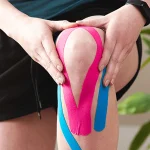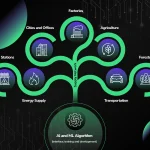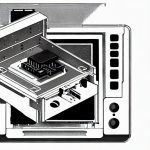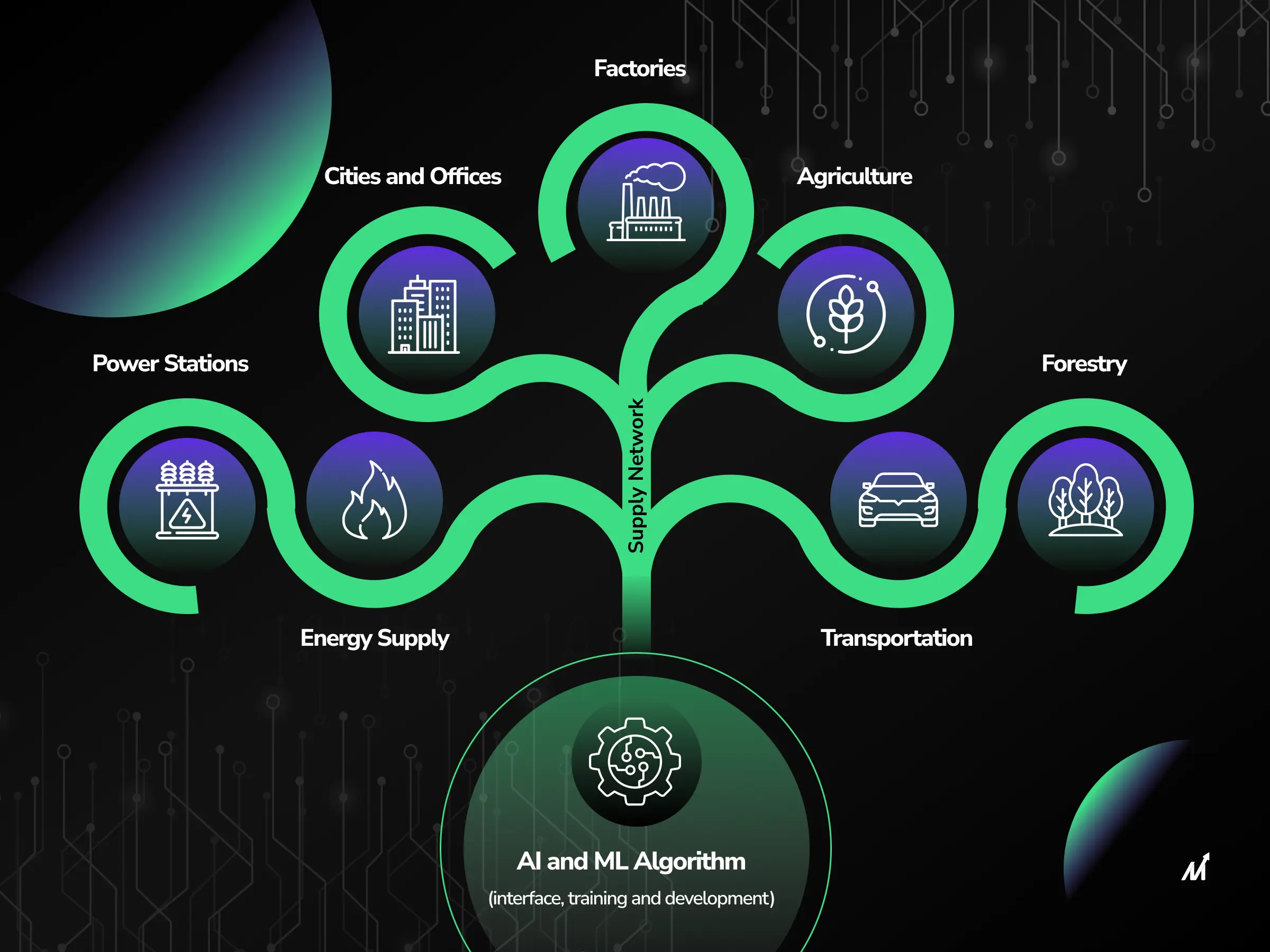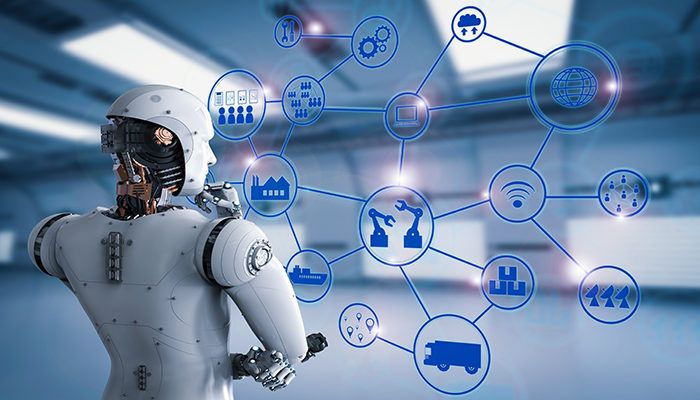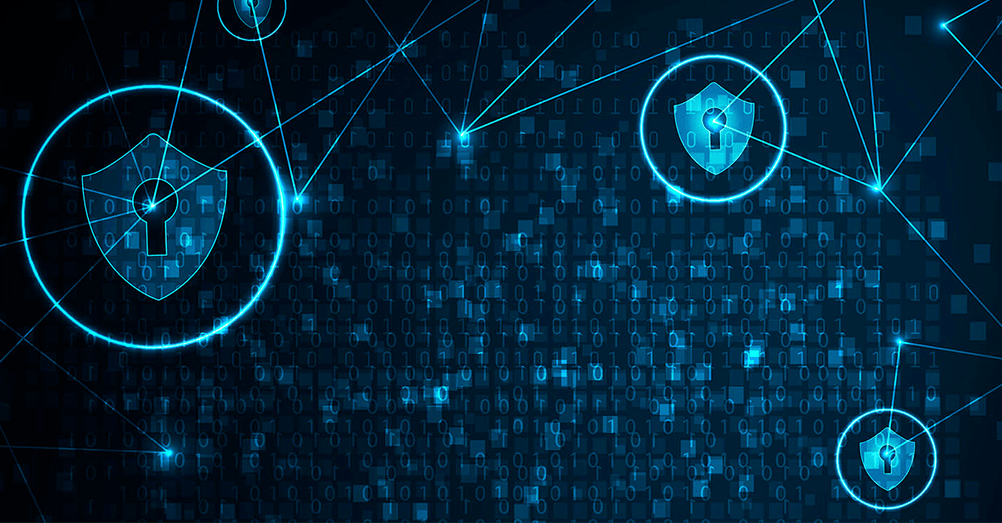In the Philippines, teaching science presents both opportunities and challenges that impact the quality of education and the future of students. While there is a growing emphasis on STEM education and increased funding for science programs, there are still significant barriers such as limited access to quality education in rural areas and a shortage of qualified science teachers. Outdated curriculum and teaching methods further exacerbate the challenges faced in providing effective science education. However, by embracing emerging technologies, fostering parental involvement, ensuring adequate funding, and implementing clear instructions and monitoring systems, there is great potential for growth and improvement in science education. This article will explore these opportunities and challenges in depth, highlighting the importance of addressing the deficiencies in science education to enhance student learning and scientific literacy.
Harnessing Opportunities in Science Education
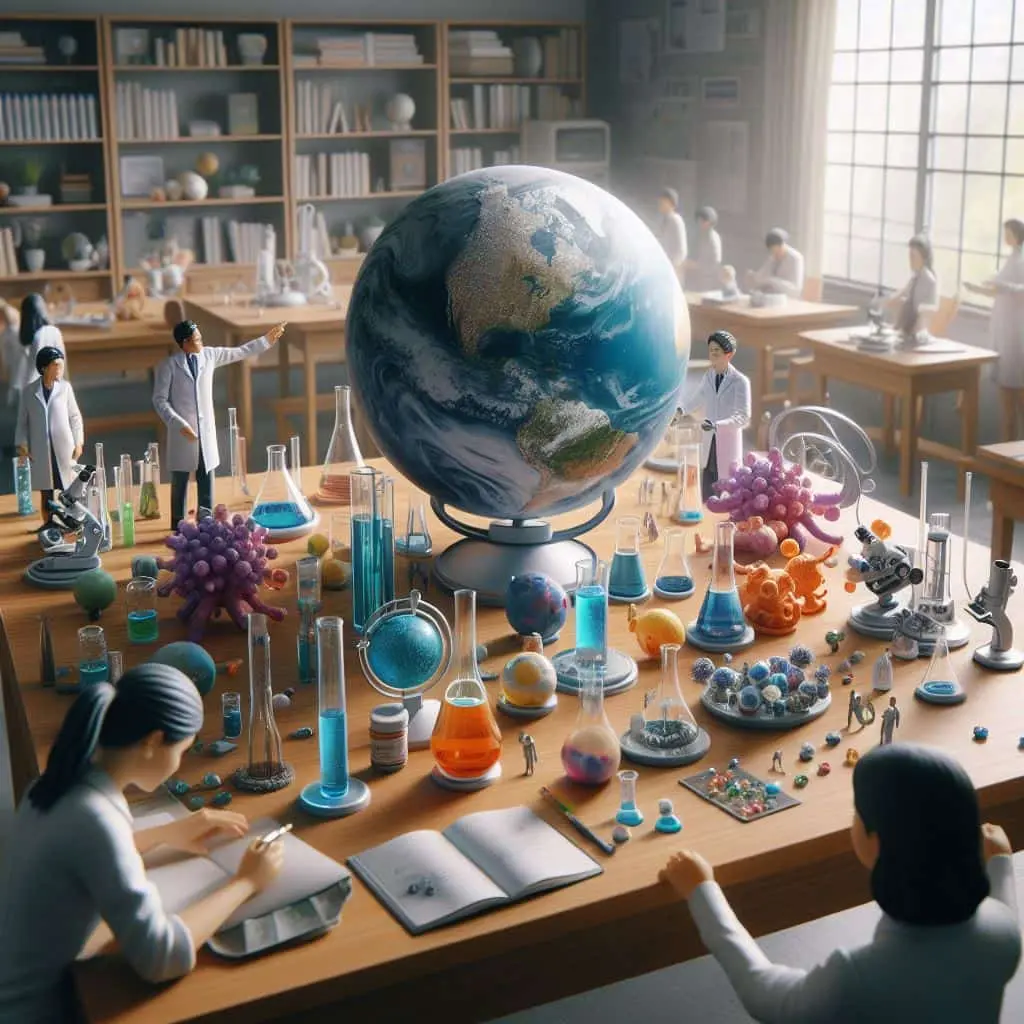
Emphasizing STEM Education in the Philippines
STEM education is crucial in equipping students with the necessary skills for the future workforce. By focusing on science, technology, engineering, and mathematics, the Philippines can better prepare its youth for the demands of a rapidly evolving technological landscape. Emphasizing STEM education not only contributes to economic growth and innovation but also ensures that students are well-equipped for future career opportunities.
Leveraging Increased Funding for Science Programs
Increased funding for science programs is essential for enhancing the quality of education. With adequate financial resources, schools can improve their science curriculum, provide access to modern equipment and technologies, and support professional development for educators. Government and private sector investments play a crucial role in promoting excellence in science education and ensuring that students have the necessary tools and resources to succeed in STEM fields.
Exploring Hands-on Learning with a Variety of Resources
Hands-on learning is a valuable approach in science education as it allows students to deepen their understanding of scientific concepts and develop critical thinking and problem-solving skills. By incorporating practical, experiential learning opportunities into the curriculum, students can cultivate a passion for STEM subjects and pursue further studies and careers in these fields. Embracing hands-on learning with diverse resources enriches the educational experience and empowers students to become lifelong learners in science and technology.
Addressing Challenges in Science Education
- Deficient academic performance in science
- Lack of interest in agriculture among the youth
- Technical issues related to the implementation of modular distance learning
To address these challenges, effective programs and initiatives are needed to improve science education, enhance student performance, and adapt to the rapid changes brought by Industry 4.0. By focusing on innovative teaching methods, tools, and technologies, schools can create a dynamic learning environment that caters to the needs and interests of students.
Strategies for Improvement
Parental involvement, adequate funding for schools, clear instructions, and proper monitoring of student performance are key factors in overcoming challenges in science education. By addressing these areas, schools can better prepare students for the demands of a rapidly evolving technological landscape and equip them with the skills and knowledge needed to succeed in STEM fields.
Navigating Challenges in Science Teaching

Addressing Limited Access in Rural Areas
In the Philippines, limited access to quality science education in rural areas poses a significant challenge for students. These areas often lack the necessary resources and opportunities for students to engage with science education effectively. To address this issue, educators and policymakers must prioritize closing the gap in access to quality science education for all students, regardless of their geographical location. Initiatives such as providing mobile science labs, online resources, and teacher training programs can help bridge this gap and ensure that students in rural areas have equal opportunities to succeed in science education.
Overcoming the Shortage of Qualified Science Teachers
One of the major challenges in science education in the Philippines is the shortage of qualified science teachers. Without knowledgeable and skilled educators, students may struggle to grasp complex scientific concepts and develop a strong foundation in science. To overcome this shortage, efforts should be made to attract more individuals to the field of science education. Providing ongoing training and support for current teachers, creating incentives to retain qualified professionals in the education system, and improving working conditions can help address this issue and ensure that students have access to quality science education.
Modernizing Outdated Curriculum and Teaching Methods
Modernizing outdated curriculum and teaching methods is crucial to keeping science education relevant and engaging for students in the Philippines. As technology and scientific advancements continue to evolve rapidly, educators must adapt their teaching approaches to meet the needs of today’s learners. By incorporating innovative teaching methods, integrating real-world applications of scientific concepts, and updating curriculum to reflect current research and discoveries, teachers can inspire a new generation of curious and informed science enthusiasts. Embracing emerging technologies such as AI and Robotics can further enhance student engagement and prepare them for future career opportunities in STEM fields.
Overall, by addressing limited access in rural areas, overcoming the shortage of qualified science teachers, and modernizing outdated curriculum and teaching methods, science education in the Philippines can be improved to meet the demands of the 21st century and foster a culture of scientific inquiry and exploration among students.
Innovative Approaches to Enhance Science Education
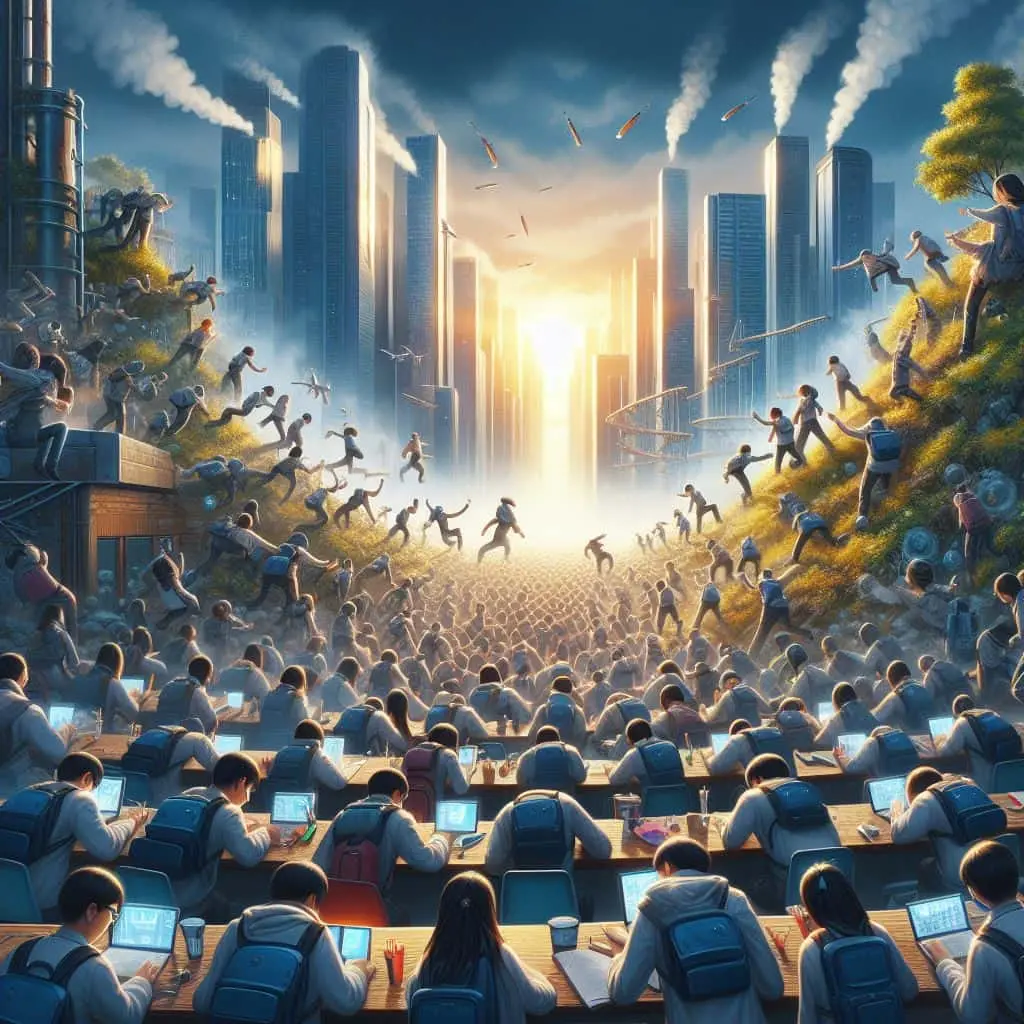
Integrating Emerging Technologies in the Classroom
Integrating emerging technologies in the classroom is essential to adapt to the evolving educational landscape. By incorporating tools such as virtual reality, interactive simulations, and online resources, educators can engage students in a dynamic and immersive learning experience. These technologies cater to diverse learning styles, leading to improved academic outcomes and a deeper understanding of scientific concepts.
Fostering Parental Involvement in Science Learning
Parental involvement in science learning plays a crucial role in student success. By actively engaging parents through initiatives like family science nights and workshops, schools can create a cohesive learning community that prioritizes scientific literacy. Family support significantly impacts a child’s academic achievement, making it vital to involve parents in their children’s science education.
Ensuring Adequate Funding and Resources for Schools
Adequate funding and resources are essential for schools to effectively implement innovative approaches in science education. Without proper financial support, schools may struggle to provide students with cutting-edge technologies and specialized programs. Advocating for increased funding can help create a conducive learning environment that fosters critical thinking and exploration in the field of science.
Strategies for Effective Science Teaching
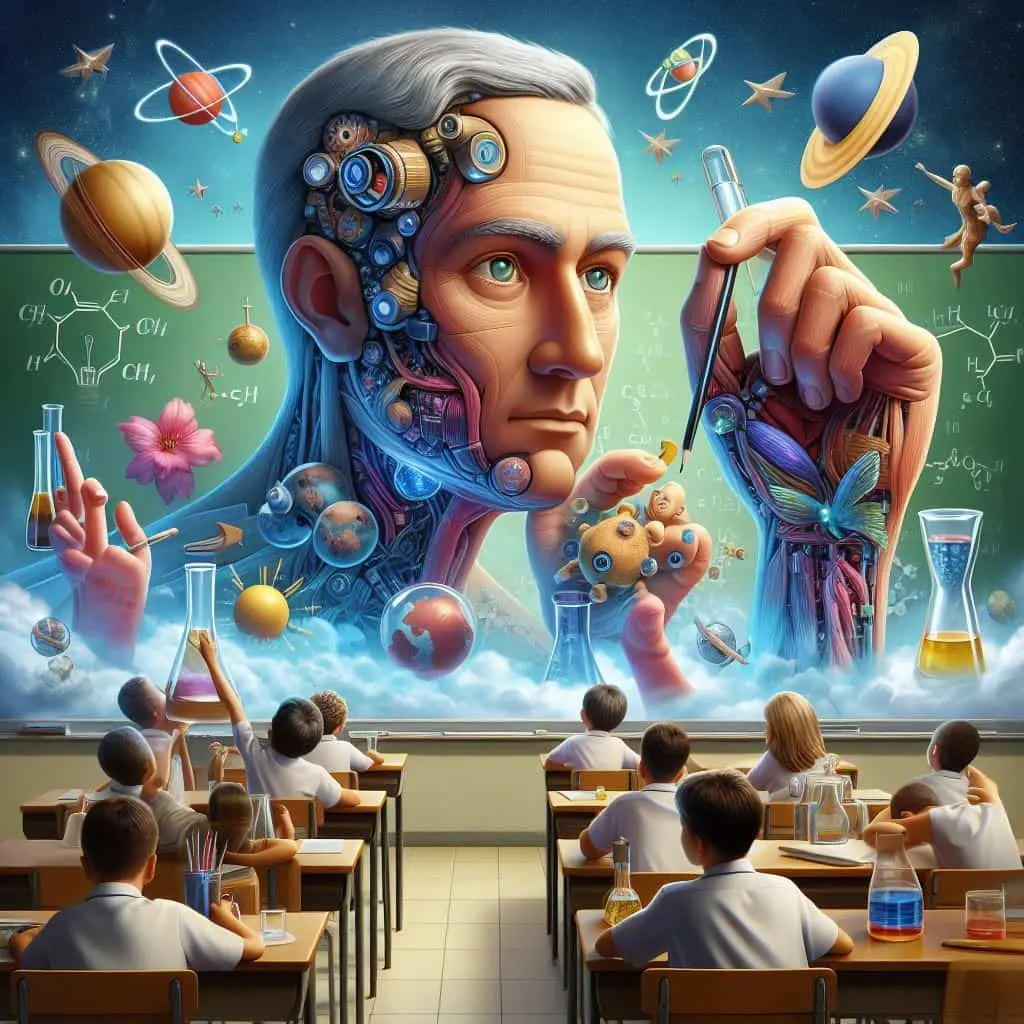
Implementing Clear Instructions and Guidance
Providing clear instructions and guidance is essential in science teaching to help students grasp complex concepts effectively. Clear instructions help students understand the objectives of the lesson and stay focused on their learning goals. Teachers should communicate instructions in a concise and understandable manner, ensuring that students are engaged and able to follow along with the lesson. By implementing clear guidance, teachers can enhance student comprehension and retention of information, leading to improved academic outcomes.
Monitoring and Evaluating Student Performance
Monitoring and evaluating student performance play a crucial role in science education as they allow teachers to identify areas where students may be struggling and provide targeted support. Regular assessment of student progress helps teachers track learning outcomes and adjust teaching strategies accordingly. By monitoring student performance, teachers can intervene proactively to address learning gaps and enhance student understanding. This approach leads to more effective teaching methods and better academic results in science subjects.
Promoting Interest in Agriculture and Environmental Science
Promoting interest in agriculture and environmental science is vital to engage students in these important fields. By incorporating real-world examples and hands-on activities related to agriculture and environmental science, teachers can spark curiosity and passion for these subjects among students. Cultivating an interest in these areas can inspire students to explore further studies and careers in related industries, fostering a deeper appreciation for the natural world and sustainable practices. By promoting interest in agriculture and environmental science, educators can help students develop a greater understanding of global challenges and the role of science in addressing them.
The Path Forward for Science Education

Addressing Deficiencies in Curriculum and Teacher Preparation
Efforts to improve science education in the Philippines must begin with addressing deficiencies in curriculum and teacher preparation. It is crucial to ensure that educators receive adequate training and support to deliver high-quality instruction to students. By enhancing the curriculum and providing teachers with the necessary tools and resources, students will have a solid foundation in science education.
Enhancing Student Scientific Literacy and Problem-Solving Skills
Enhancing student scientific literacy and problem-solving skills is essential for cultivating a knowledgeable and skilled workforce. By focusing on developing critical thinking abilities, students will be better equipped to understand complex scientific concepts and apply them to real-world situations. This will not only benefit individual students but also contribute to the overall advancement of society through innovation and problem-solving.
Leveraging Community Involvement to Solve Local Problems
Community involvement plays a vital role in enhancing science education by providing students with opportunities to apply their knowledge and skills to address real-world issues. By engaging with the community, students gain a sense of relevance and purpose in their learning. This hands-on approach deepens their understanding of scientific concepts and instills a sense of responsibility and empowerment in making a positive impact in their communities.
conclusion
In conclusion, the opportunities and challenges in teaching science in the Philippines are vast and dynamic. Emphasizing STEM education is crucial for equipping students with the necessary skills for the future workforce, while addressing limited access in rural areas remains a significant challenge. Integrating emerging technologies in the classroom and providing clear instructions and guidance are essential for enhancing science education. Efforts to improve science education must focus on addressing deficiencies in curriculum and teacher preparation to ensure students have a solid foundation in science. Moving forward, it is imperative for schools to harness opportunities, navigate challenges, adopt innovative approaches, implement effective strategies, and pave the way for a brighter future in science education in the Philippines.
